
iOS vs Android Security
By Ruben Rodrigues Posted
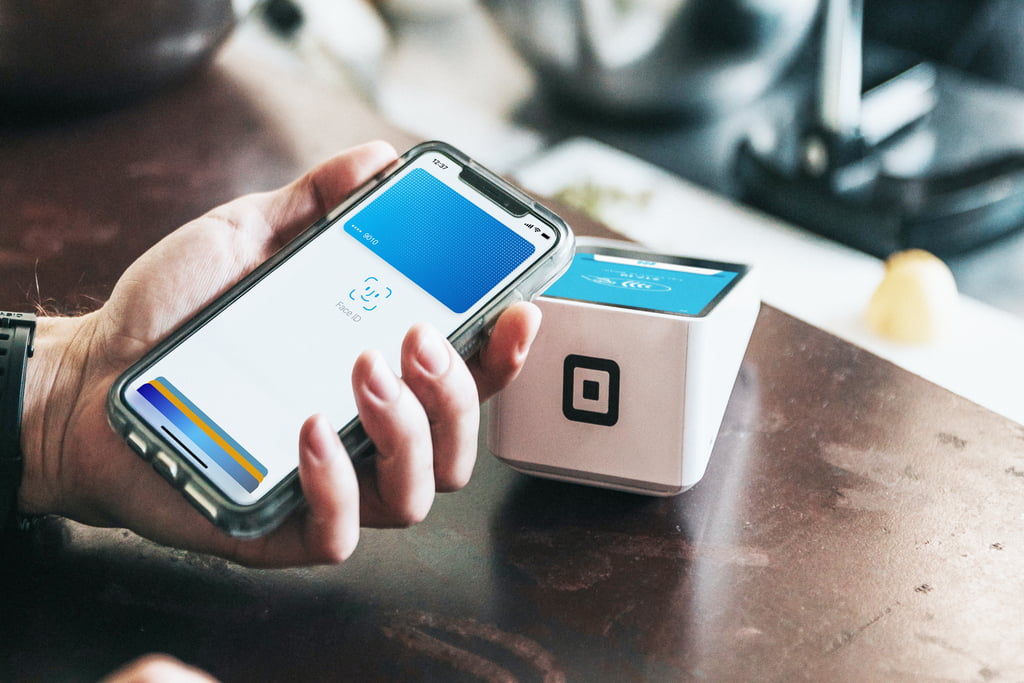
Mobile devices have integrated into our lives so much that it is impossible to imagine an average day without your iPhone or Android. Banking solutions, food delivery, navigation software, eDocuments – this list can go on and on, revealing how much we rely on smartphones and how much our personal data they contain.
The question of data security becomes more and more concerning and pushes users to think twice about the mobile operating system they want to use. The Android vs. iOS topic still causes a lot of discussions, and in this article, we will provide a full comparison of the security levels of these two systems.
The Difference between iOS and Android Security
The main difference between Android and iOS devices lies in the nature of each operating system. Apple has full control over both software and hardware, allowing them to keep their ecosystem closed and hence, more secure from the start.
On the other hand, the Android operating system is open-source, and every hardware manufacturer customizes it according to their devices. This makes the process of uploading new security updates more cumbersome and long, as well as exposes a bigger amount of threats than Apple solutions.
Therefore, a lot of users consider iOS devices as more secure options. However, it doesn’t mean that if you decide to use Android devices, you are risking getting your device hacked immediately. Android works constantly to build up enhanced security and protect users’ data.
Truth be told, every smartphone can be corrupted, no matter what operating system it uses. The majority of hacks happen due to users’ neglect and insufficient technical competency: if a mobile phone owner does not possess knowledge about security threats and does not follow security practices, eventually he or she will expose their data or fall victim to a scam or suspicious link.
The Main Mobile Security Threats for Android vs. iOS
Let’s dive into the security threats that you can encounter. You can divide them into the next groups:
- malware attacks;
- social engineering attacks like phishing, spoofing, and cyber scams;
- data breaches leading to data leaks;
- and finally, software vulnerabilities caused by an operating system.
As you can see, only a quarter is directly connected to the type of device you use. And while iOS can give users some benefits over Android in terms of security, it doesn’t guarantee 100% protection.
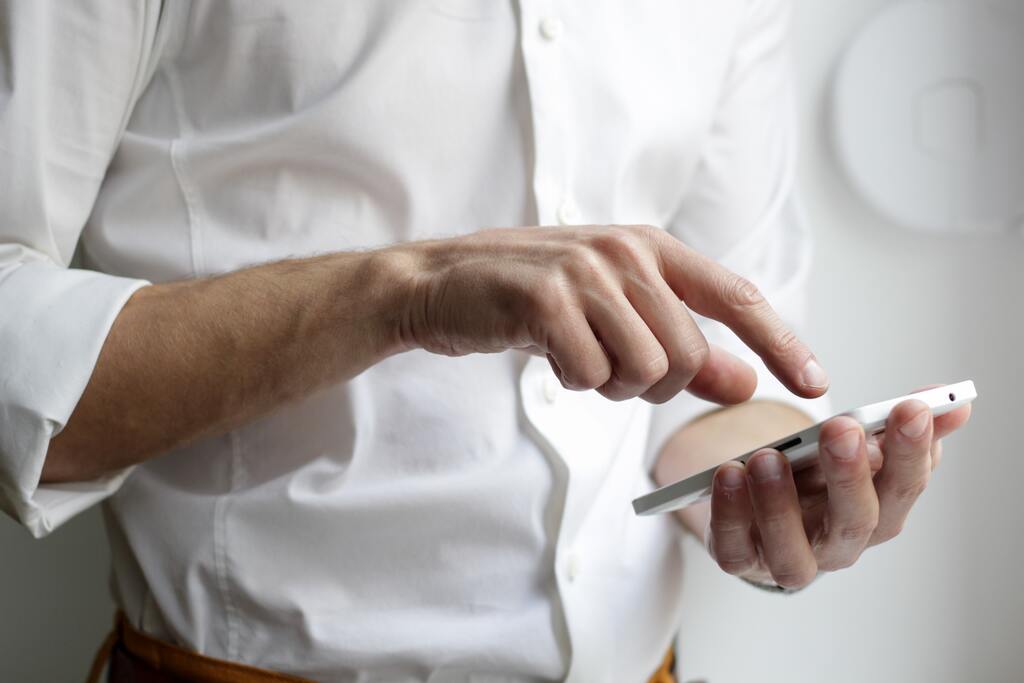
iOS Security in Details
As we have already mentioned, the iOS operating system is considered more secure than Android. But why is that? An understanding of the strengths and weaknesses of iOS devices will help you to assess your options.
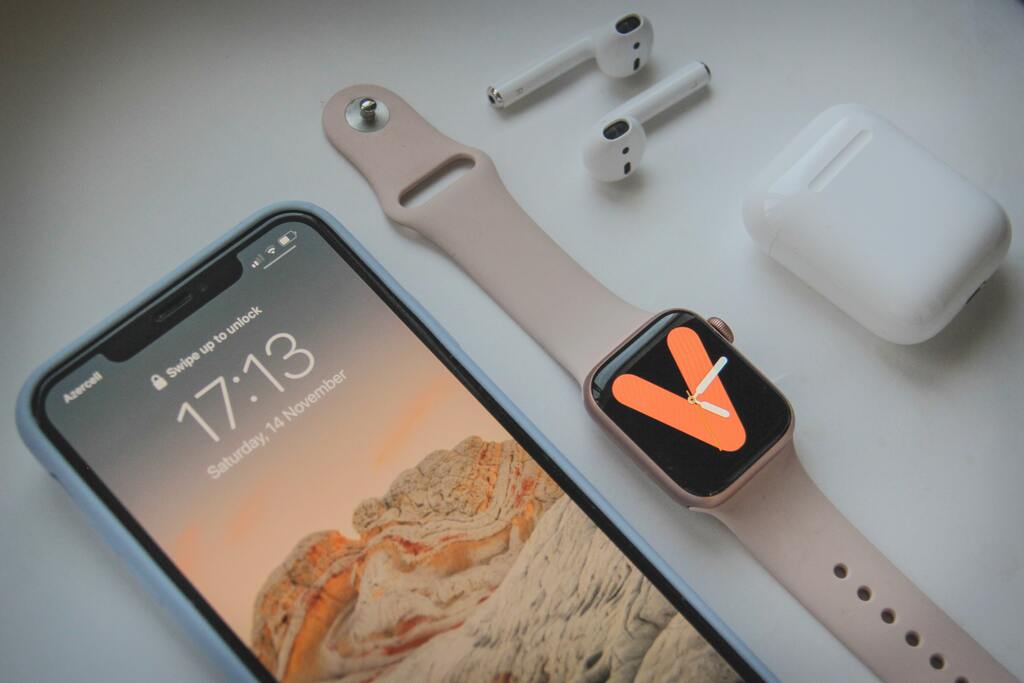
Strengths
The capacities of closed operating systems and the development of both software and hardware by one company grants iPhones and iPads a set of features that in theory can increase security. For users, it means the following things:
- only a small circle of specialists has access to source code, meaning that there is a less chance of someone with malicious intentions getting a chance to explore the vulnerabilities of the system;
- iOS’s developers focus on providing updates constantly and delivering them directly to user’s devices without any third-party agents in between;
- Apple App Store is under highly scrupulous monitoring, ensuring that only verified applications are present there;
- Apple developers ensure a unified level of security across their range of available devices.
Weaknesses
And through the security strength of iOS devices make them look like an ideal solution, there are some downsides, which are also dictated by the same features, namely:
- in case of vulnerability being exploited, the high level of centralization makes all ecosystems vulnerable, meaning that every iPhone user might be under attack;
- a few professionals working on the operating system might also mean that a smaller amount of expertise is implemented to detect potential threats and vulnerabilities;
- Apple tends to release updates that might not have security patches but rather some improvements to the design;
- due to high-security standards, iPhones are lacking the flexibility you might have with Android devices.
Android Security in Details
The Android operating system differs a lot from iOS, and it also makes it a double-edged sword. For some, it might be too unreliable, while others would prefer it exactly for the features that make it less controlled than iPhones.
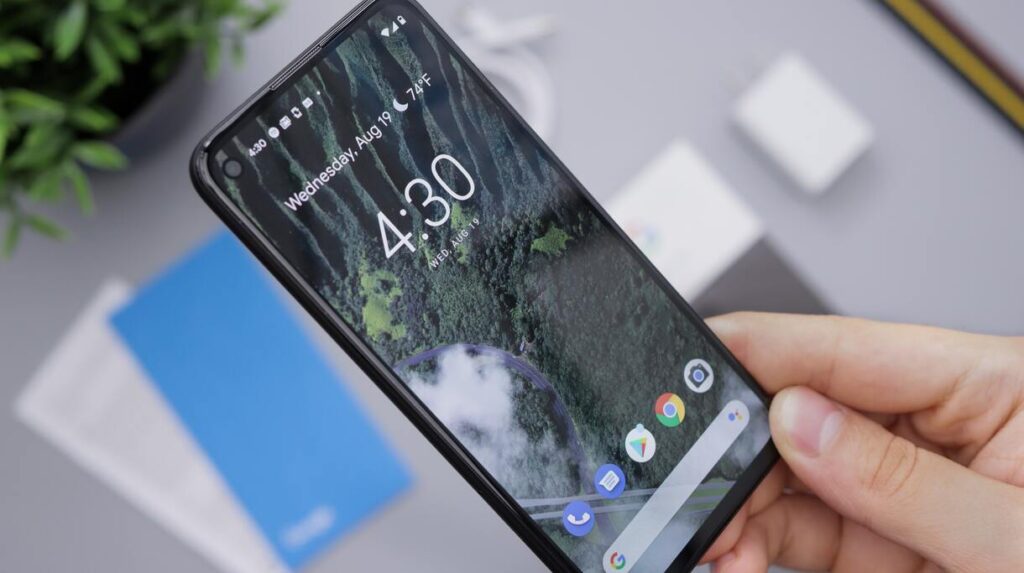
Strengths
Android is open-source and decentralized, and this allows mobile developers to build software with fewer security protocols. It also gives an enhanced level of adaptability and agility, and this means the next things:
- more opportunities for customization which means more innovation, potentially in the security domain as well;
- Android devices have smooth auto-updates users can easily upload;
a variety of available and affordable devices for any person and any purpose; - you have a wider selection of applications for the Android operating system than for iOS.
Weaknesses
Lack of control and centralization typical for Android scares some users, as it implies fewer security practices being implemented, and here is how it really affects Android devices:
- hackers get more opportunities to study the code and detect vulnerabilities;
- there is a higher chance of getting a corrupted app even from an official Google Play Store;
- updates are released less often than on IOS, meaning that vulnerabilities might remain undetected and unfixed for a longer period of time;
- updating also happens in two steps: first, Android releases an update to mobile phone manufacturers, and second, the manufacturer needs to customize it for their hardware;
- Android devices are generally less secure than iPhones, as the system includes the engagement of several parties, meaning there are more chances for mistakes to happen.
How Can App Developers Ensure the Additional Layer of Security for Mobile Apps
Mobile developers who work with both Android and iOS devices know how to ensure a high level of security. It is a must, as mobile apps can become an entry-point for hackers to get access to users’ devices and eventually personal data. Therefore, you can stop worrying about what operating system is going to be more secure for your solution.
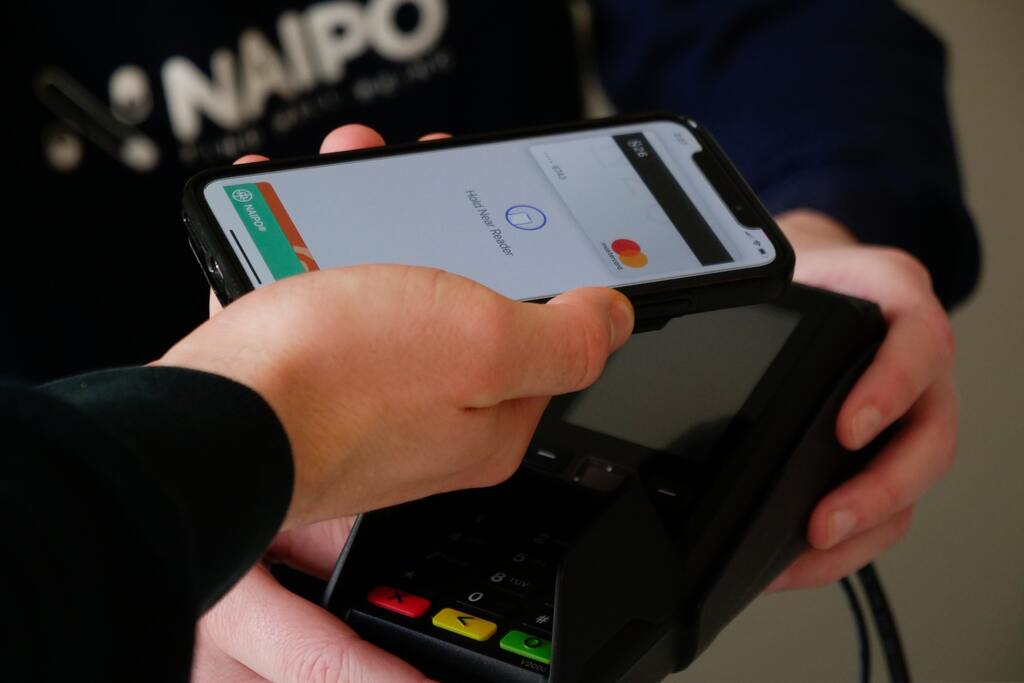
Focus on finding a reliable software partner who follows the best security practices. Some of them include:
- implementation of code encryption;
- regular security checks and audits;
- usage of encrypted data storage;
- implementation of high-level authentication and permission-based accesses;
- protect API for a secure connection between different solutions and services.
Basically, a good app development vendor will guide you through the smallest details of securing your application, no matter what device or operating system you want to pick for your goals.
In Conclusion: So What is Better, iOS security vs Android?
Android vs. iOS is a discussion that consists of multiple layers, and iOS security vs Android is only a tiny part of it. There are some reasonable concerns regarding both operating systems, and it is important to comprehend them to be able to make a weighted decision afterward.
However, we would say that there is no universal answer regarding the superiority of one of the operating systems. iOS is more centralized and controlled, which decreases the availability of code and other data hackers might use. At the same time, while the Android operating system lacks standardized security protocols, it offers a lot of freedom to its users and makes an entry point for third-party apps much lower.
So, if you want to use only one operating system for your development project, don’t make security concerns the main decision factor while making this choice. Contemplate the features, pros, and cons of iOS and Android operating systems from different angles and apply for a consultation with the experts like TechRivo.
Our team of mobile app developers will be glad to help you to dive into the world of app security and the Android vs. iOS disputes. Feel free to contact our managers, and we will answer you in the shortest span of time!
Author
Co-founder of TechRivo. The team member that likes to be between the business side of tech and the tech side of business. An AI enthusiast that believes it is the the time to bring those models from the university shelves to businesses.
